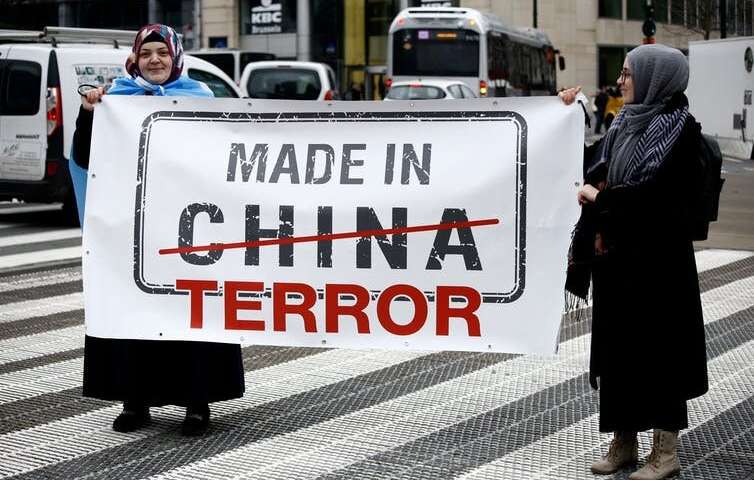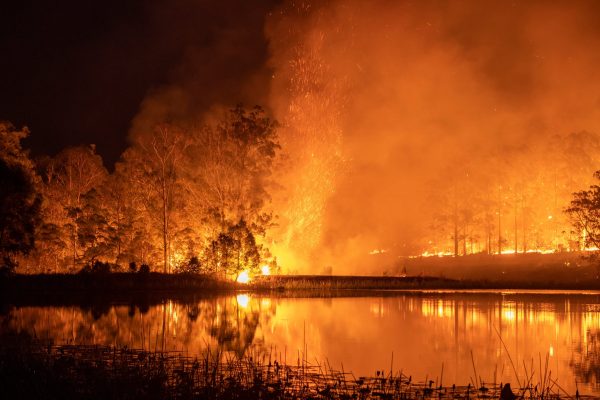A shocking revelation has been exposed by a Four Corners investigation, showing wide-scale modern slavery and human rights violations occurring in textile factories in north-western China. These factories reportedly have connections to brands that sell in Australia: Target, Cotton On, Ikea, H&M, and Jeans West.
Four Corners episode ‘Tell the world’ (watch it here) revealed that the communist party in the Xinjiang Province (north-western China) has rounded up over 1 million Uyghurs (a minority Turkic ethnic group) to detain in camps based on their Muslim religion.

There are millions more families that are in danger of being targeted and even individuals from overseas (Australians included). These “re-education” camps are claimed to be torture camps to indoctrinate detainees, according to the United Nations. It has been said to be the largest detaining of people based on religion since the holocaust.
“People started to literally disappear, communities were being emptied of adult men and women.” – China researcher, ABC Four Corners
The documentary also reveals that these camps are using it’s captured detainees for forced labour inside the camp to make clothes. The scheme uses innocent detainee labour to produce cheap clothing under the close eye of the Chinese government. Gulnur Idreis is a member of Australia’s Uyghur community, and her sister (a nurse) was captured in Xinjiang and forced to work in a textile factory. Gulnur’s sister sent her a video revealing notes of the shocking scheme, fearful of her life if she was caught. Her husband is also missing.
Four Corners revealed that H&M, IKEA, Target, Cotton On, Dangerfield, and Jeans West all source cotton from Xinjiang, meaning that the clothes we wear in Australia are likely part made by involuntary detained slaves. Cotton On and Target are the only brands so far to announce that they are investigating their supply chains in Xinjiang.
“Having traced and audited 100% of our direct suppliers, our program continues to extend its focus to auditing subsequent tiers of our supply chain, including raw materials, fabric and inputs subcontractors, such a Litai Textiles.” – Spokesperson Cotton On Group, Business Insider 2019
What is modern slavery?
Modern slavery is a general definition to cover a range of practices that exploit people, such as unpaid or forced labour, poor conditions, child labour, slavery-like practices, and exploitation. Slavery is defined by the 1926 Convention to Suppress the Slave Trade and Slavery as, ‘the condition of a person over whom any or all of the powers attaching to the right of ownership are exercised’ (United Nations, 1926). Modern slavery is very complicated globally to define and legally prevent, with little internationally agreed prevention frameworks. In fashion supply chains, it’s difficult for companies to track due to the complexity of global supply chains, making it easier for modern slavery to occur.
So what do we do from here?
- Make noise – contact the brands above that have been associated with these camps to ensure they are cutting ties.
- Boycott – if brands aren’t willing to investigate supply chains thoroughly, then don’t buy from them
- Keep talking – talk to people about this issue, it’s a massive human rights violation, and we’ve seen it happen before. We need to shed light on this issue.
- Tell China to close the camps via Amnesty International here
- Donate to Amnesty International and other human rights groups


